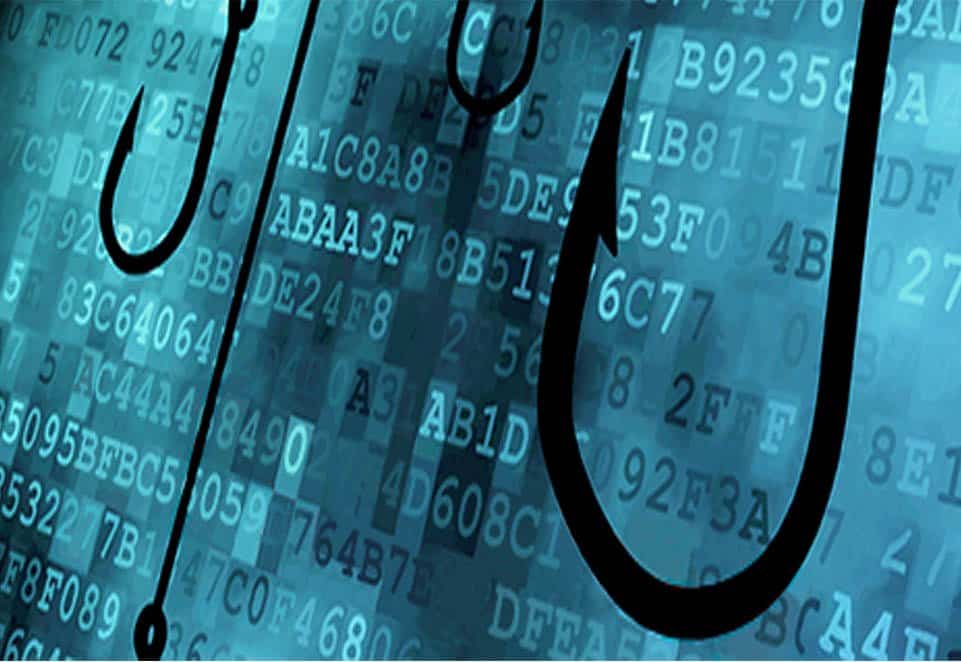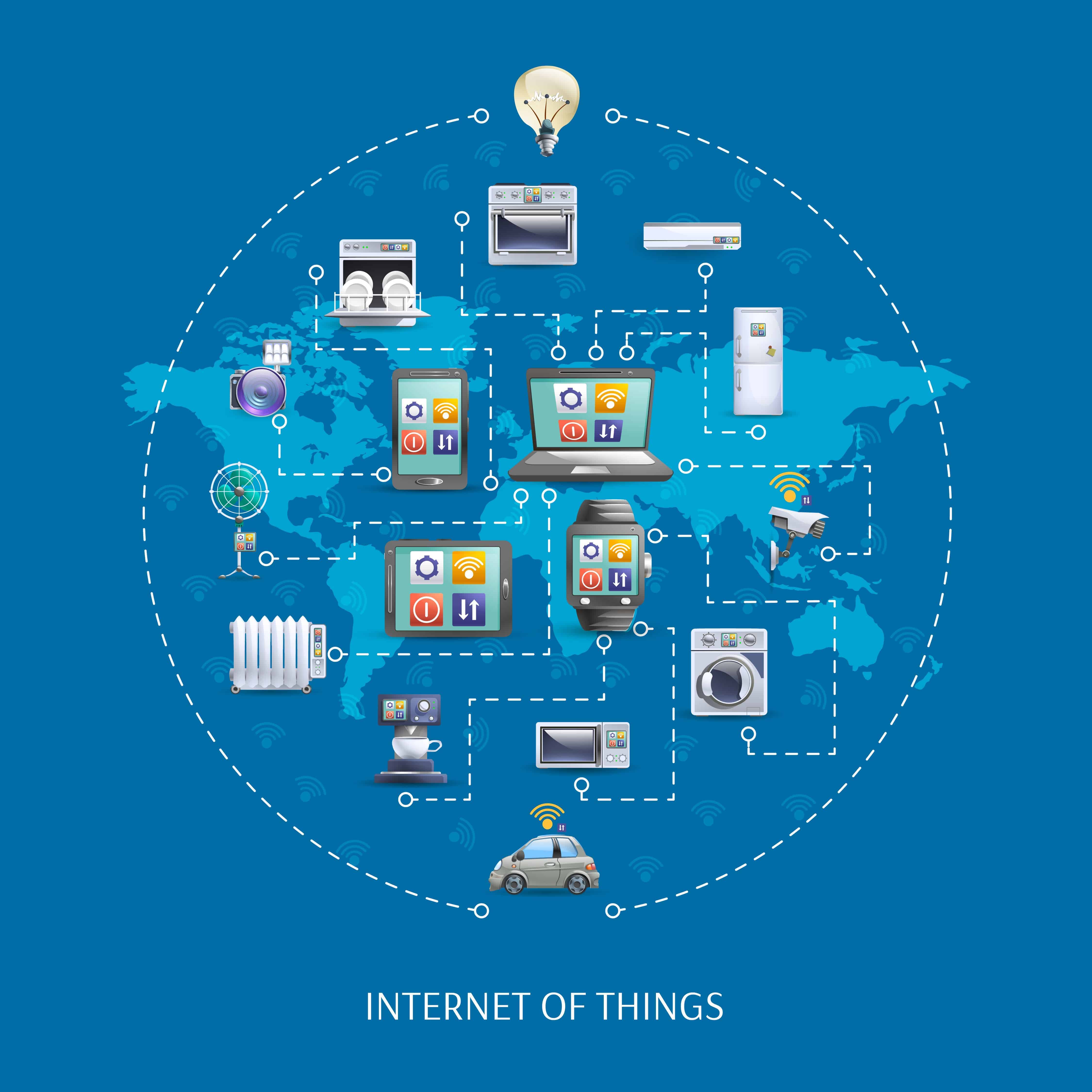POS Data Security?
The next time you buy a burger at McDonald’s or Wendy’s, a computer may be the one asking, “Would you like fries with that?” After decades of depending on human workers to take orders – and payments – American fast food chains are finally moving into the computer age, driven by rising minimum wages, a tightening labor market, a push for efficiency, and a growing number of internet-savvy consumers who prefer to interact with computers than human clerks.

Discussion of this “Rise of the Machines” in the media has largely centered around the minimum wage and the displacement of low-skilled labor. Missing from the conversation has been any mention of point-of-sale (or POS) system security in these automated ordering systems – even though Wendy’s, which recently announced it will be rolling out ordering kiosks en masse, suffered a POS data security breach earlier this year. The breach compromised approximately 300 locations, went on for several months, and has resulted in a class-action lawsuit accusing the fast-food chain of inadequate data security procedures.
Automated ordering systems are not new. Regional convenience stores Wawa (headquartered near Philadelphia) and Sheetz (a Pittsburgh-area chain), both of which have extensive custom deli and hot foods menus, installed ordering touch screens over a decade ago. However, these systems, unlike the ones Wendy’s and other fast-food restaurants intend to install, only take food orders and do not process customer payments; customers get printed order slips to take to a cashier for payment. And, of course, gas stations, supermarkets, and some retailers have had self-checkout lanes for years.
The surprising thing is that large fast-food chains have taken so long to automate customer ordering and payments – and this is where the concern over POS data security lies.
In some ways, automation in the fast-food industry is similar to automation in the healthcare industry. As mentioned in previous blogs, among the reasons why the healthcare industry is so prone to cyber attacks is that it clung to paper records for years, and when it finally did automate, it did so practically overnight, without any employee training. Similarly, the majority of fast-food companies continued to use human workers long past the time they needed to. The push to automate fast-food ordering is fairly new but very strong; at least one major chain has expressed that it is in a hurry to implement automation in the wake of minimum wage increases on city and state levels.
Since the fast-food industry is known for razor-thin profit margins and aggressive cost-cutting, and making burgers – not POS data security – is its core competency, whether fast-food chains will take cybersecurity seriously or repeat the mistakes of the healthcare industry remains to be seen.
However, as the ransomware attacks and data breaches that have plagued the healthcare industry have proven, no industry can afford to take a laissez faire attitude toward cybersecurity, especially when installing completely new systems. The fast-food industry needs to be proactive as it makes the leap from human clerks to self-serve kiosks. Among the measures restaurants can take are:
- Do a review of your security policies and procedures to ensure PCI DSS compliance. Compliance with the PCI DSS is mandatory for any company that accepts payment cards, and procedures should always be reviewed when a new system is installed to ensure PCI DSS compliance is maintained. Here is a helpful primer on PCI DSS compliance basics.
- Be sure to purchase your new system from a reputable dealer. Since fast-food ordering kiosks are an industry that is about to explode, inevitably, shady dealers will pop up offering what appear to be fantastic deals on new systems – that turn out to have multiple security vulnerabilities. Make sure you’re buying your equipment from a known, reputable company.
- Make sure your new POS system can handle EMV technology, or “chip-enabled” cards. One of the ways hackers attack POS systems is by installing card skimmers that steal data off of the magnetic stripe old-style payment cards use. Chip-enabled cards eliminate this problem. However, not all payment cards are chip-enabled at this time, so it’s important not to leave self-serve kiosks completely unattended. Have at least some on-site staff available who are trained to spot card skimmers.
- If you offer free WiFi to your customers, do not set your POS terminals to access it. Otherwise, a hacker can come into your store and use the WiFi to get into your system.
- Monitor your POS terminals for suspicious activity. Are your terminals being accessed by or communicating with unknown external sources? Just like any other network, POS systems should be monitored for suspicious activity; had Wendy’s monitored its systems, the breach the company suffered may not have gone on for so long undetected.
- Have a comprehensive cybersecurity plan in place, to include training on POS data security for any employees who access the restaurant’s computers. Protecting your customers’ payment card data is as important as adhering to food safety and sanitary practices.
POS Data Security Doesn’t Have to Be a Stomachache!
Because the fast-food industry has depended on manual ordering processes for so long, the transition to automation may seem confusing or even overwhelming for restaurant owners. That’s why it’s a good idea for restaurants to enlist the services of a professional cybersecurity firm such as Continuum GRC. The cybersecurity experts at Continuum GRC have deep knowledge of the cybersecurity field, are continually monitoring the latest information security threats, and are committed to protecting your POS system from security breaches.
Continuum GRC offers full-service and in-house risk assessment and risk management subscriptions, and we help companies all around the world sustain proactive cybersecurity programs. Continuum GRC is proactive cybersecurity®. Call +1 (888) 896-6207 to discuss your organization’s cybersecurity needs and find out how we can help your restaurant protect its POS data and ensure compliance with PCI DSS.
Schedule some time with our Superheroes for a Free Assessment!
[contact-form-7 id=”1437″ title=”IRM GRC Software – Free Trial Request”]

